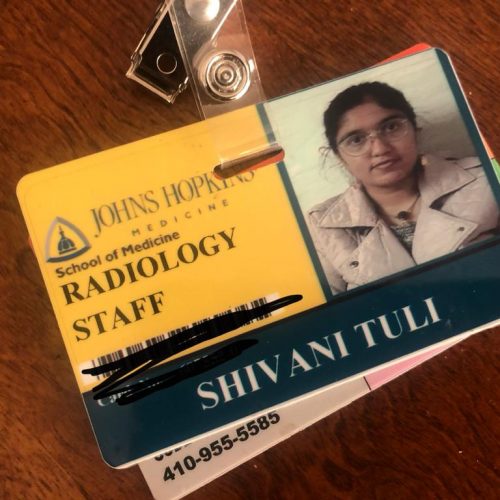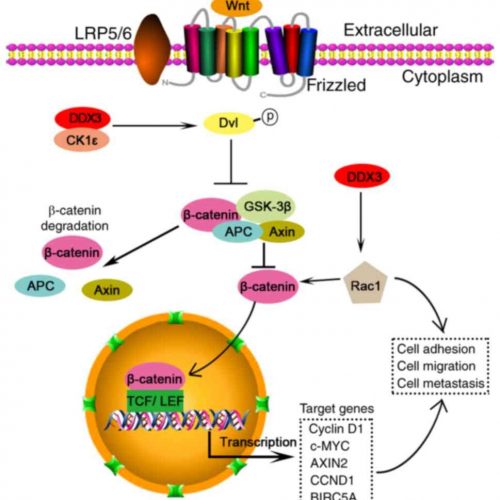JOHNS HOPKINS UNIVERSITY
At Johns Hopkins University, I worked towards novel chemotherapeutic drug development for breast and colon cancer treatment. The drug target was a helicase gene referred to as DDX3. DDX3 is overexpressed in cancer types, and it is recognized for causing a low survival. To inhibit the expression of DDX3, the laboratory developed a treatment line known as RK-33. RK33 inhibits resulted in GATEWAY TO JOHNS HOPKINS UNIVERSITY DDX3 BIOCHEMICAL GENE EXPRESSION PATHWAY. I tested newly formulated drug on cancer cell lines such as MDA-MB-231 and many others, by performing multiple cell death assays such as MTS Assays (MTT assay that uses tetrazolium dye for cell vitality assay). I also participated in developing Experimental designs on animal models for tumor implantation in mice. I run the following experiments in mice models by drug injection and mice exposed to different radiation levels to see the individual effect of RK-33 and the combined effect of RK-33 and radiation. I analyzed SNP Data using Bio-python packages, managed the wet lab, and performed Bradford Assay, Western Blot, for the various cancer cell lines. Attended lectures and interacted with Nobel laureates. Managed regular lab workings and restocked and maintained the Laminar flow hoods and cell incubators. JOHNS HOPKINS UNIVERSITY: SCHOOL OF MEDICINES JOHNS HOPKINS UNIVERSITY PROVIDED ME WITH ANNEW DRUG DEVELOPMENT
the activation of the cell death pathway, abrogation of
non-homologous end-joining activity, and inhibition of the
Wnt-signaling pathway. RK-33’s is undergoing pre-clinical
trials and its effects are being tested on both invitro mice
models and radiological implications of the same.


IS ONE OF THE MOST BEAUTIFUL AND CULTURALLY
ENRICHED CAMPUSES I HAVE EVER VISITED.
EXTREMELY SUPPORTIVE AND DIVERSE GROUP OF
INTELLECTS AT ONE PLACE THAT THEY NEVER FAILED
TO AMAZE ME.


